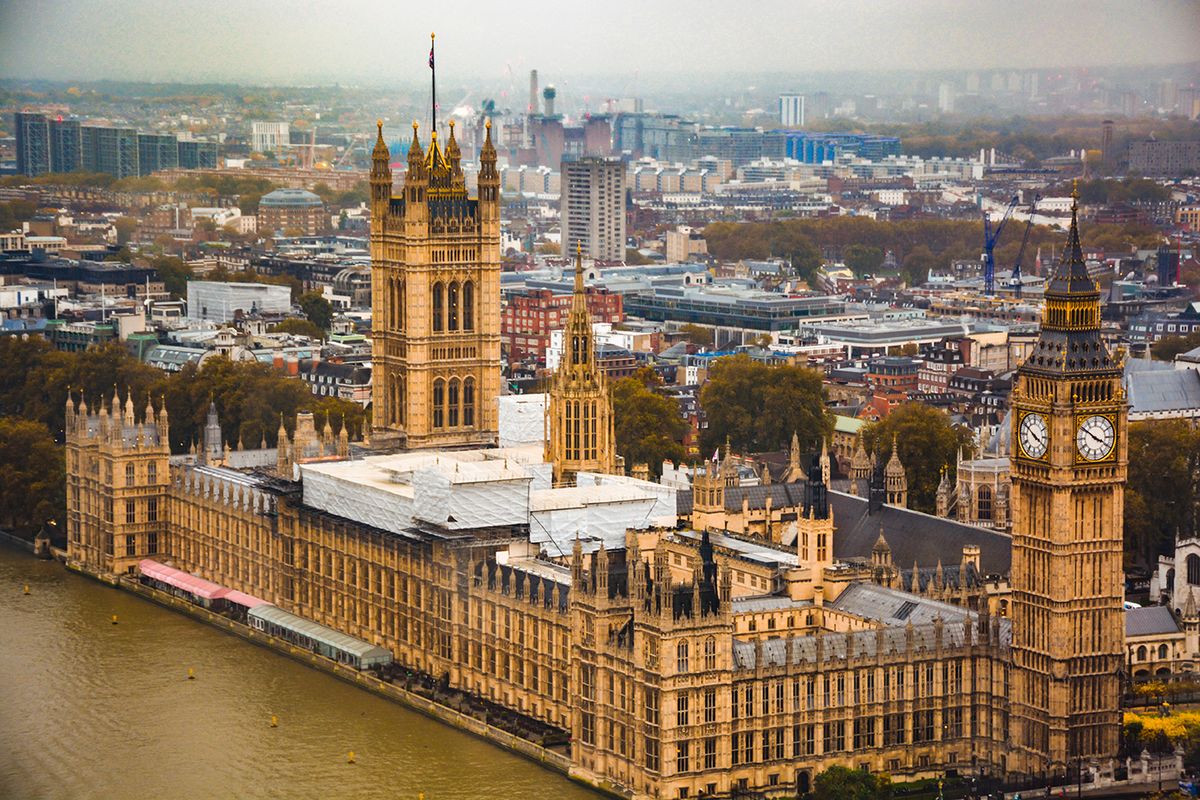The debate on restituting artefacts looted in the colonial era to African countries will be one of the chief topics to be discussed by a new all-party group on African reparations in the UK parliament.
The all-party parliamentary group (APPG) will be chaired by the Labour Member of Parliament (MP) for Streatham, Bell Ribeiro-Addy, and she expects it to hold an initial planning meeting before the end of the year.
“This is about starting a discussion and educating people,” Ribeiro-Addy says. “We’d hope to get to the stage of proposing legislation.”
She adds, though, that she does not expect much support from the current government. One MP from the governing party has to agree to join an APPG before it can start functioning. Sir Peter Bottomley, the longest-serving member of the current parliament, has accepted an invitation to participate as the only Conservative, Ribeiro-Addy says.
But the government’s appetite for a discussion about returning looted property to Africa seems limited. Oliver Dowden, the secretary of state for culture until September, said the Benin bronzes “properly reside” at the British Museum. His successor, Nadine Dorries, has yet to voice an opinion.
UK museums, however, are beginning to restitute looted artefacts. Aberdeen University and Jesus College, Cambridge, returned sculptures looted by British troops in an 1897 raid on the royal palace in Benin to Nigeria last month.
“The museums sector has moved: the mood music is that this stuff needs to go back,” says Onyekachi Wambu, the executive director of the African Foundation for Development (AFFORD), a non-governmental organisation focussed on expanding contributions by the diaspora to African development. AFFORD will handle the APPG’s art restitution business.
“There is a really important case to be made for just looking at what’s involved and getting MPs to understand the details,” Wambu says. He says the APPG will invite speakers such as Neil Curtis, the head of the museum at Aberdeen University, to discuss his decision to return a looted work to Nigeria.
An area of legislation that the APPG will examine is the 1963 Museums Act, which prevents certain museums, including the British Museum, from deaccessioning items in their collections. As Wambu points out, an amendment to allow exceptions has been introduced in the past. The 2009 Holocaust (Return of Cultural Property) Act enabled the restitution of Nazi-looted art.
Wambu says Germany’s decision to return 1,100 looted Benin bronzes from its museums to Nigeria may spur British politicians into action.
“Sooner or later some MPs are going to want to be getting ahead on this,” he says. “Increasingly it will become an issue for African governments and will begin to feature in discussions about trade.”
APPGs are also not limited in duration and Wambu expects it to survive beyond the current parliamentary term. “I have never seen this as a sprint, it’s more of a marathon,” he says. “The idea is that we would maintain the APPG as long as there is interest.”


